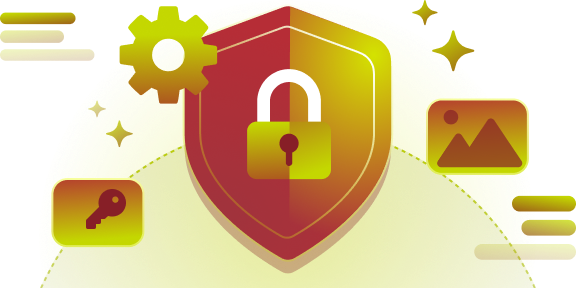-

Lightway: Leading the charge with Kyber, now the official post-quantum encryption standard
At ExpressVPN, we’re always innovating to protect our users against even the most sophisticated attacks. This is why we integrated the Kyber encryption algorithm into our Lightway protocol long befo...
-

Solar is the future. Are PV systems cyber secure?
Industry experts predict that by 2025, renewable energy will surpass coal—and much of that growth will come from solar energy. While some of the advantages of solar energy are obvious, we also have ...
-

As Paris Olympics approach, so do cyber threats
Since the announcement of Paris hosting the 2024 Summer Olympics, the sporting world has been buzzing with anticipation. From July 26 to August 11, the global event is set to showcase the pinnacle of ...
-

Are VPNs legal in India?(2025)
Yes. Despite regulations that complicate VPN user privacy, it is legal to use VPNs in India. In 2022, India's Computer Emergency Response Team (CERT-In) issued new cybersecurity rules requiring VPN ...
-

A string of major data breaches hitting Australia
Australia experienced a significant increase in data breaches in 2024, often involving sensitive information like passwords and financial details. Major companies affected include MediSecure, Ticketma...
-

APRA: Will the U.S. get its own version of GDPR?
A draft of the American Privacy Rights Act (APRA) was introduced in Congress on April 7, 2024, aiming to offer broad protections to everyone in the U.S. This bipartisan, bicameral effort is the second...
-

How has ChatGPT changed our lives?
ChatGPT has become an integral part of daily life, reaching 1 million users within five days of its launch in 2022—now boasting around 180 million monthly active users. - ChatGPT enhances various in...
-

Are Chrome extensions safe? How to use them securely in 2025
Using Chrome extensions can feel like a balancing act. Extensions add new functions to your browser. You can sort passwords, block ads, fix grammar mistakes, and more without leaving your browser. How...
-

Guide: Reverse phone lookup in Canada
Whether you’re dodging telemarketers, tracing back a missed call, or simply putting a name to a number, reverse phone lookups can help you get the information you need. Bear in mind that anyone can ...
-

Tech Friend: Choosing apps for technological sovereignty
Tech Friend is our advice column covering cybersecurity, privacy, and everyday technology. Email your question to techfriend@expressvpn.com. If you have questions about your ExpressVPN subscription or...
Privacy news




